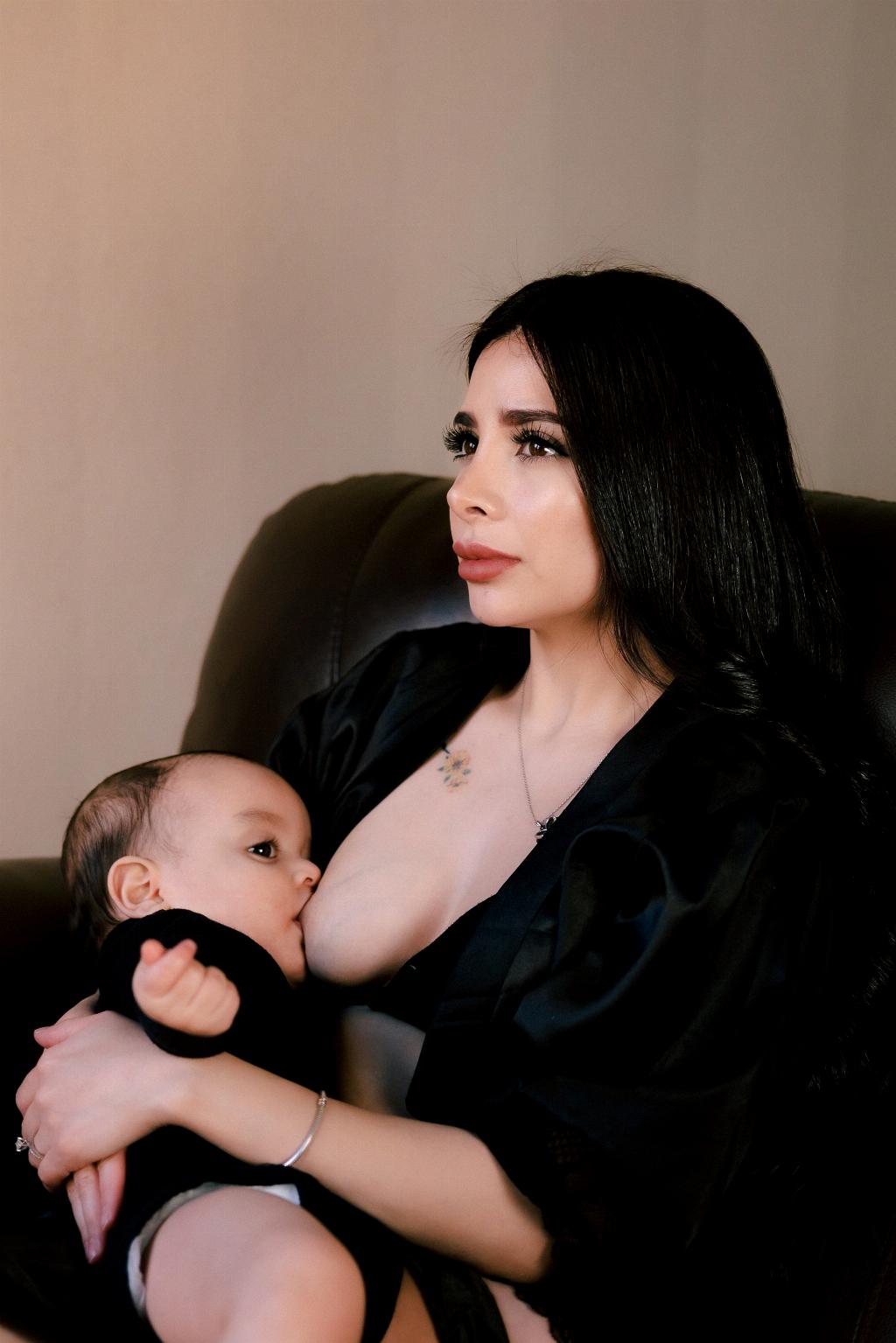When it comes to the consumption of chocolate while breastfeeding, many mothers may wonder whether indulging in this beloved treat could have any repercussions on their breast milk and, consequently, their nursing infants. While the majority of individuals can typically savor chocolate without causing any adverse effects on their babies, there have been isolated instances where the consumption of this sweet treat has been linked to potential concerns in breastfed infants.
One such case involved a newborn baby who exhibited symptoms such as irritability, jitteriness, inconsolable crying, excessive sucking, and sleep disturbances, which were ultimately attributed to the mother’s consumption of chocolate. This scenario, although rare, highlights the importance of understanding the impact that certain foods, including chocolate, can have on breast milk composition and the well-being of nursing infants.
It is worth noting that chocolate contains various components, such as caffeine and theobromine, which are known stimulants that can potentially cross into breast milk. These substances have the potential to affect infants, particularly those who may be more sensitive or reactive to certain compounds present in maternal milk.
While the majority of babies may not experience any noticeable effects from the moderate consumption of chocolate by breastfeeding mothers, some infants may exhibit signs of sensitivity or intolerance to specific components in the mother’s diet. In such cases, it may be beneficial for nursing mothers to observe their babies’ reactions after consuming chocolate and to make informed decisions based on their infants’ responses.
Moreover, the impact of chocolate consumption on breast milk production and composition can vary from one individual to another. Factors such as maternal diet, metabolism, and the overall health of both the mother and the nursing infant can play a role in determining whether chocolate consumption may influence breast milk and its potential effects on the baby.
For mothers who have infants with sensitivities or allergies, it may be advisable to consult with a healthcare provider or a lactation consultant before incorporating chocolate or any other potentially allergenic foods into their diets while breastfeeding. This proactive approach can help prevent or address any concerns regarding the possible effects of chocolate on breastfed babies.
While some mothers may choose to avoid chocolate or monitor their consumption based on their infants’ reactions, others may not observe any noticeable effects on their babies and can continue enjoying chocolate in moderation as part of their diet. The key is to be attentive to any changes in the baby’s behavior or well-being and to tailor dietary choices accordingly.
In conclusion, the question of whether eating chocolate affects breast milk is not a straightforward one, as the impact can vary depending on individual circumstances. While most breastfeeding mothers can enjoy chocolate without causing harm to their babies, it is essential to remain vigilant and responsive to any potential signs of sensitivity or adverse reactions in nursing infants.
Ultimately, maintaining a balanced and varied diet while breastfeeding, and being mindful of the potential effects of certain foods like chocolate, can contribute to the well-being of both the mother and her nursing baby. Open communication with healthcare professionals and paying attention to the baby’s cues can help mothers navigate dietary choices while ensuring the health and happiness of their breastfeeding journey.

